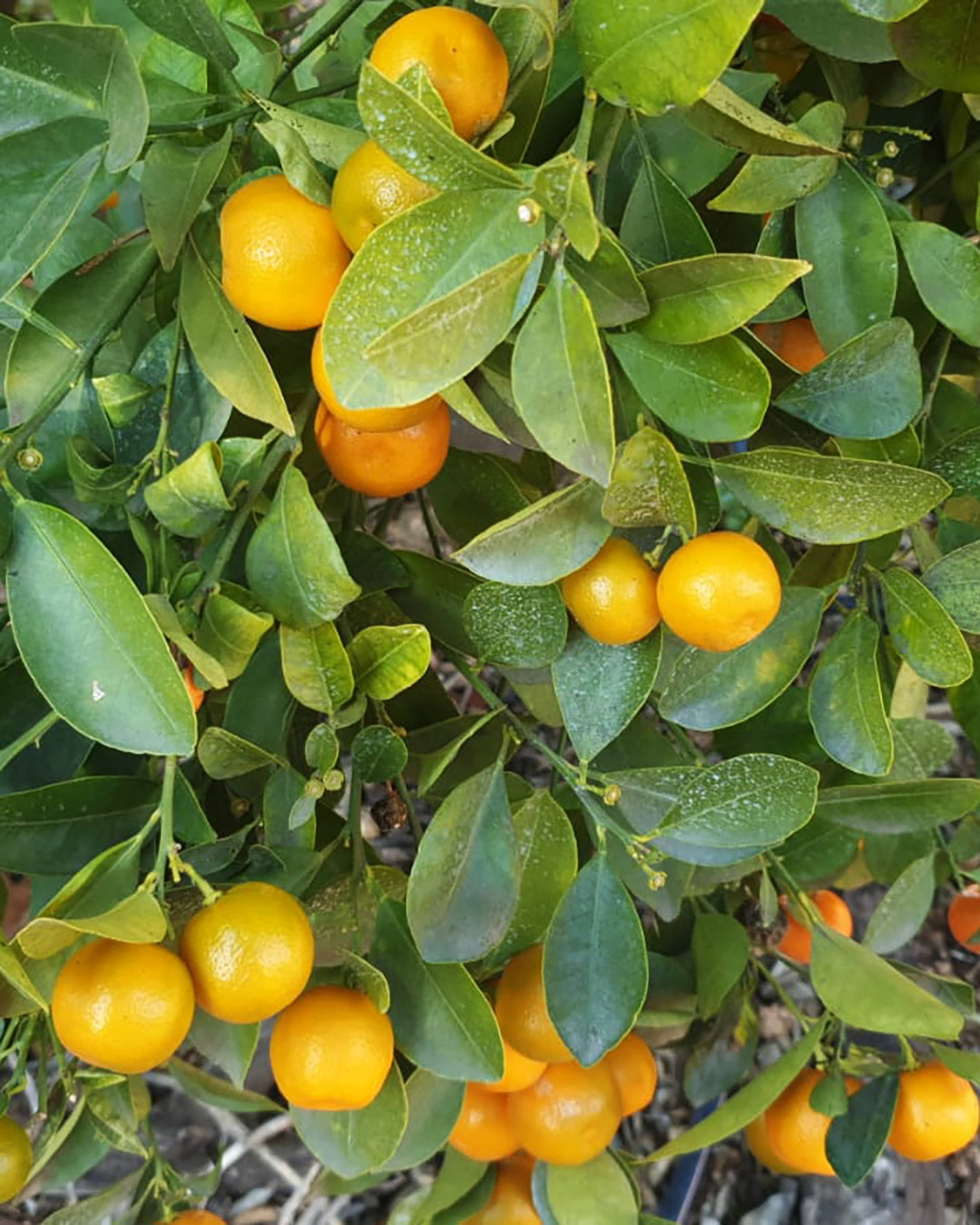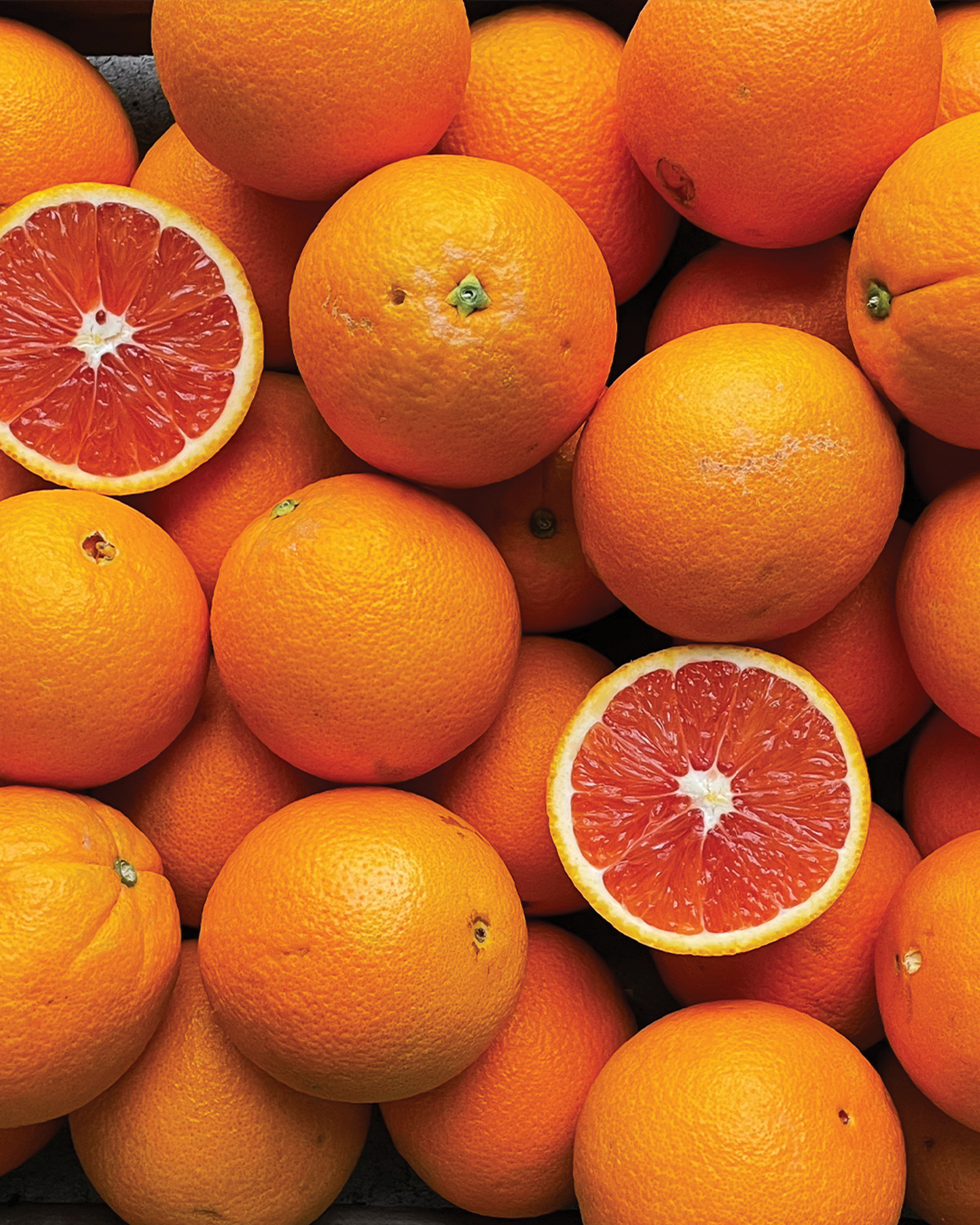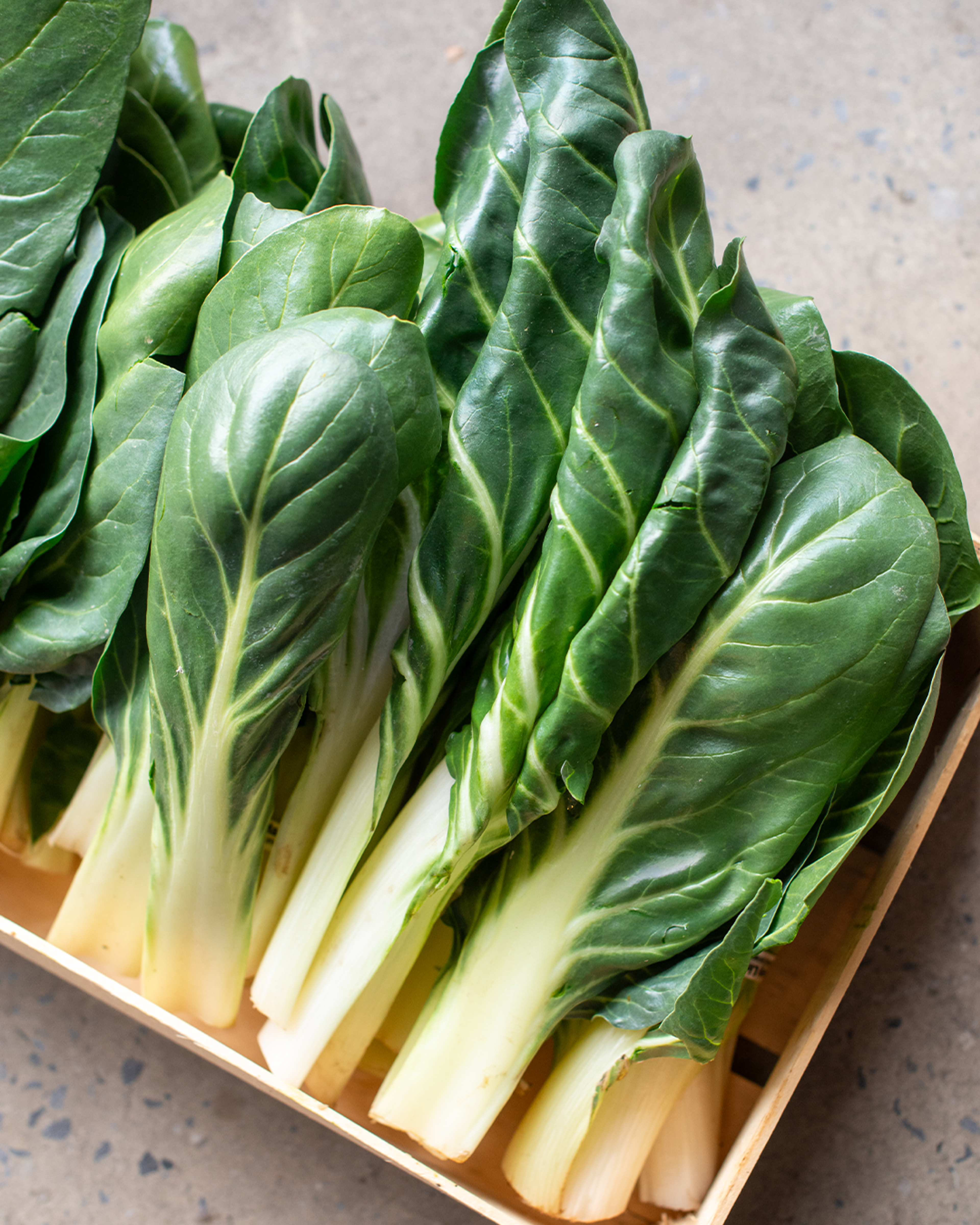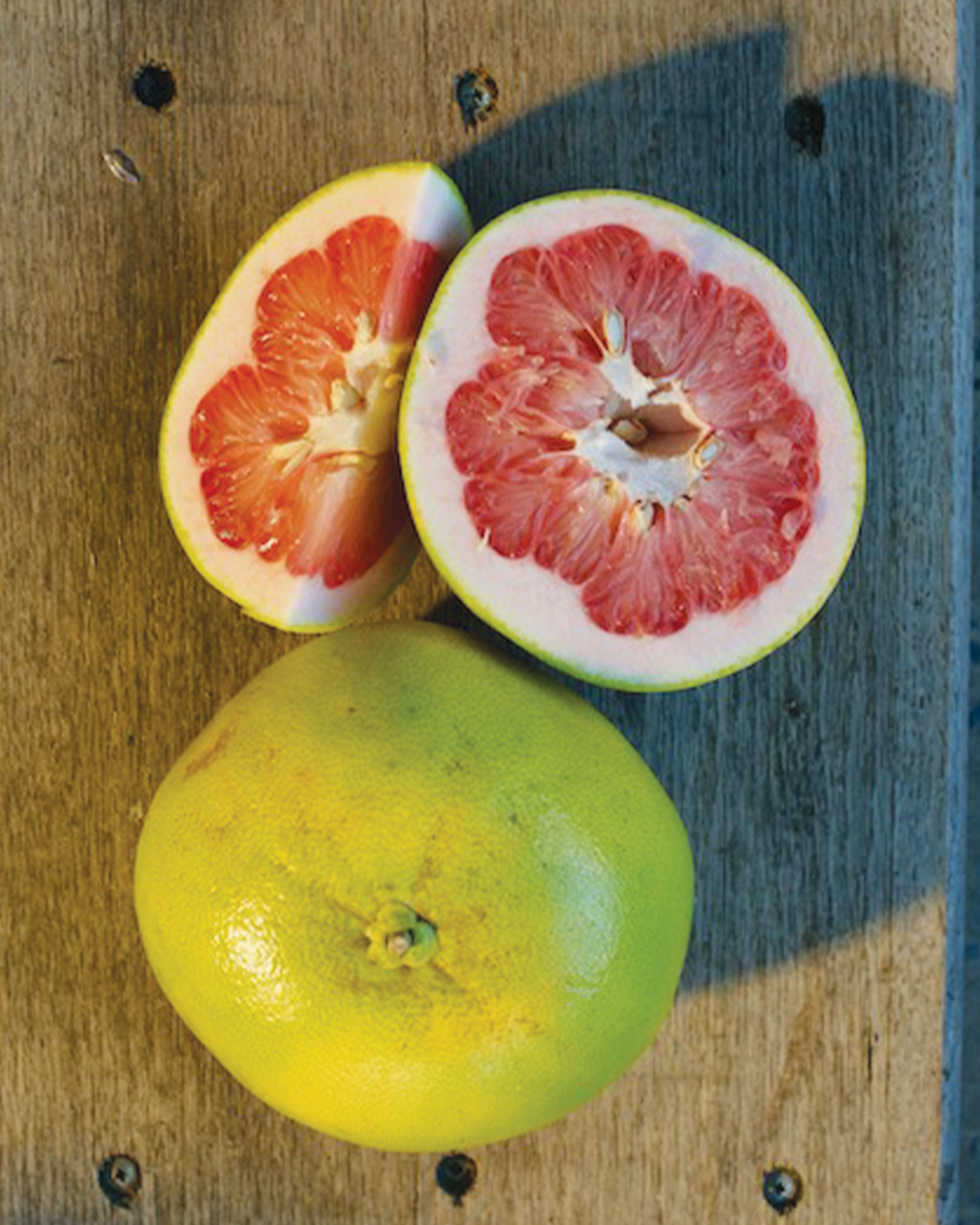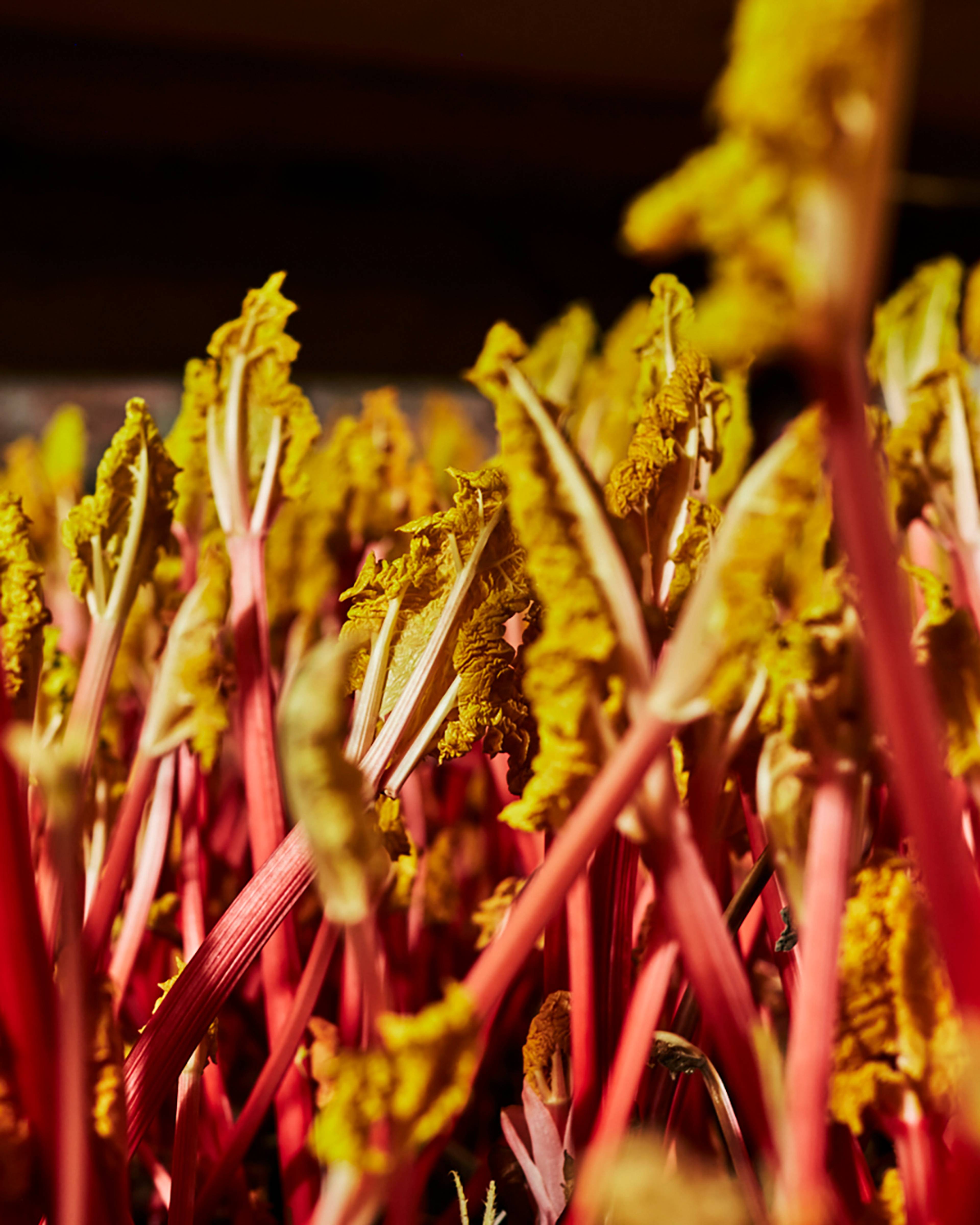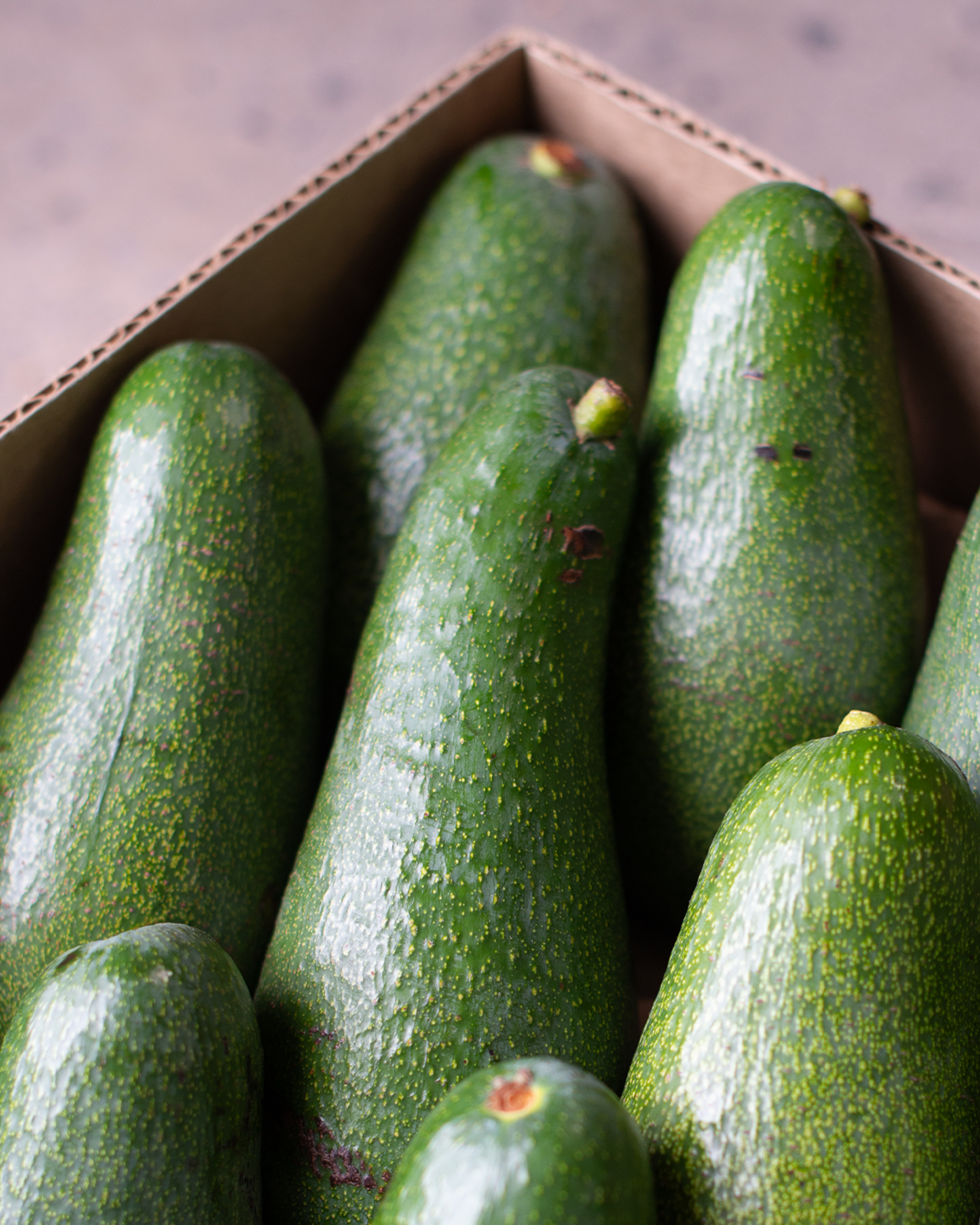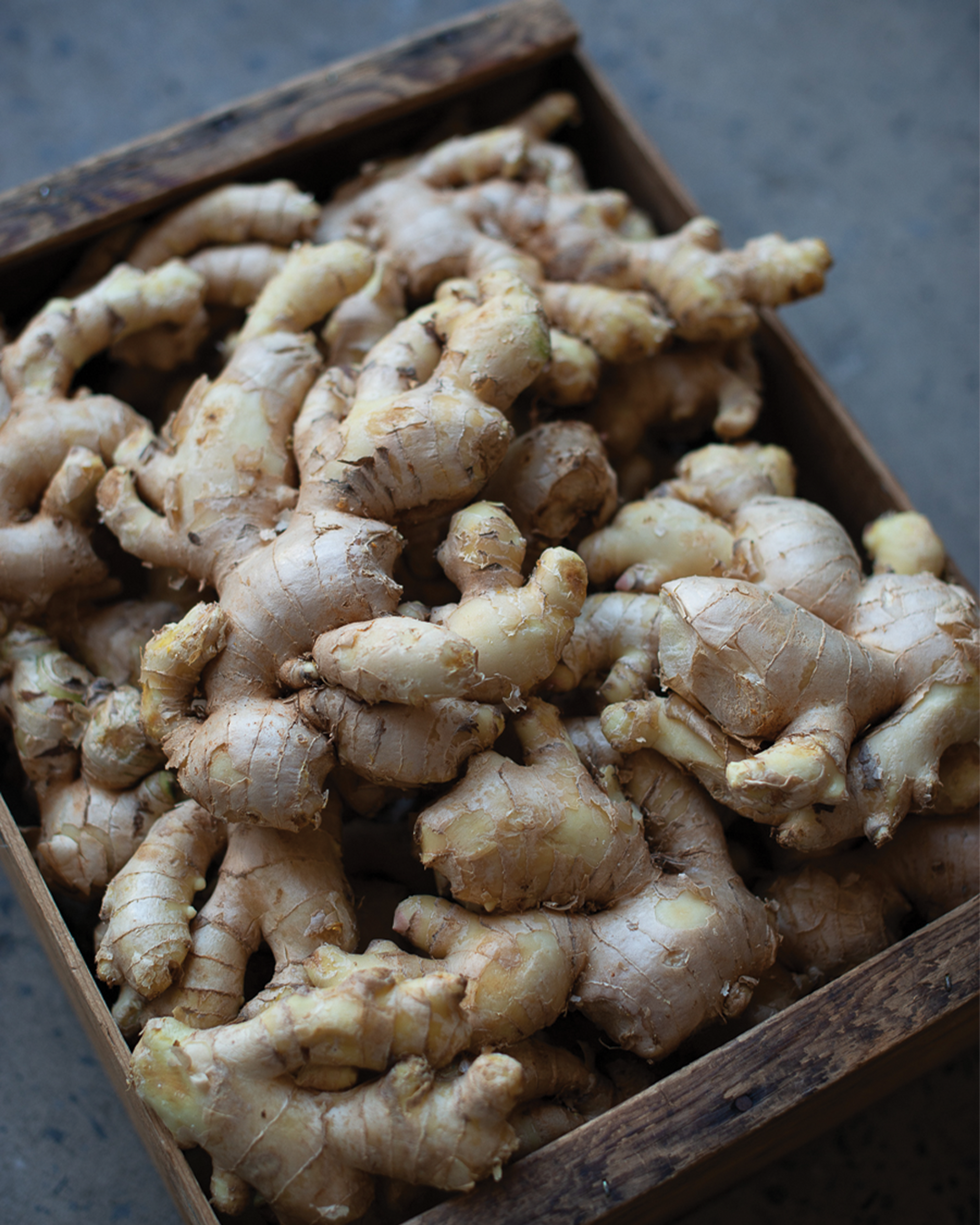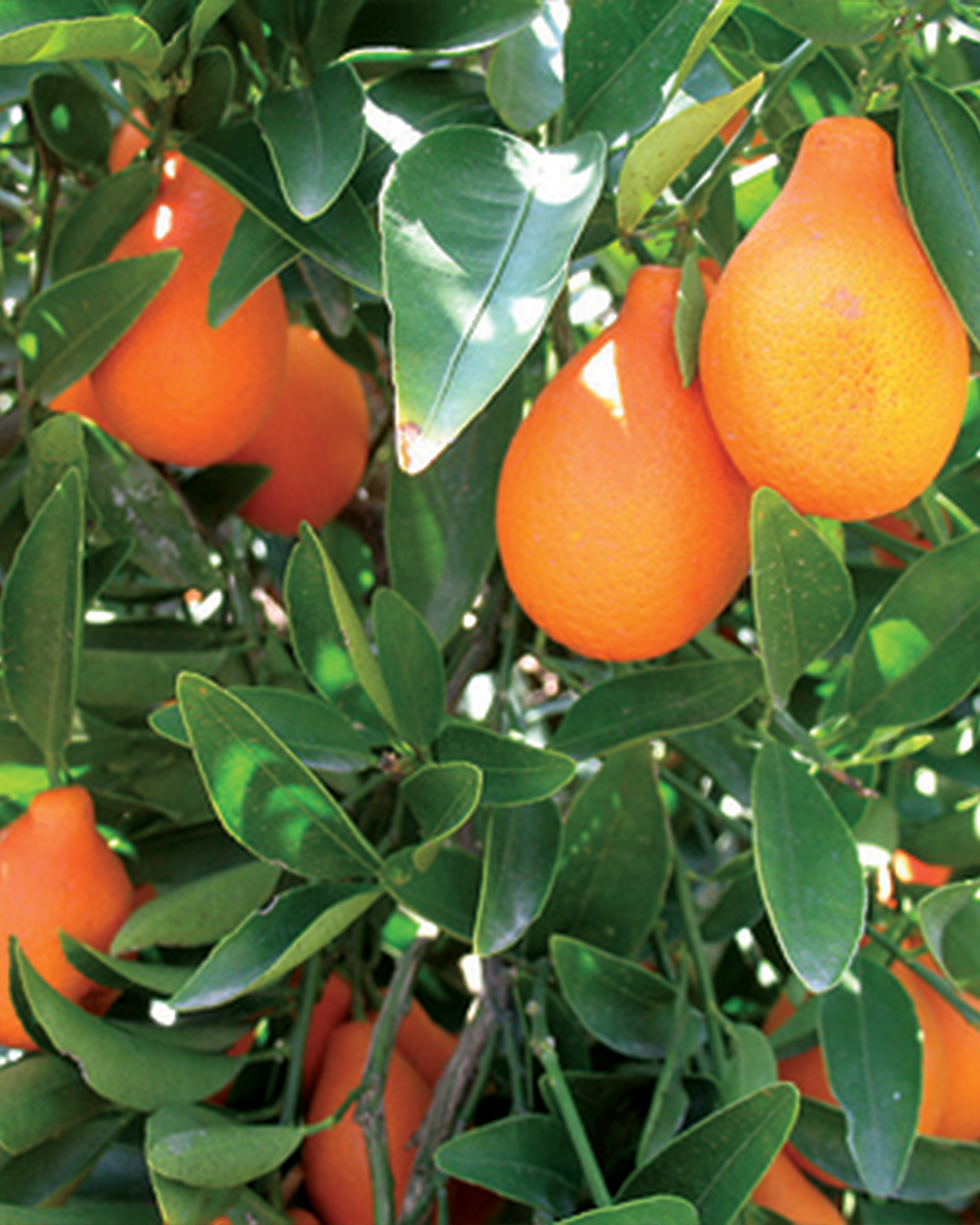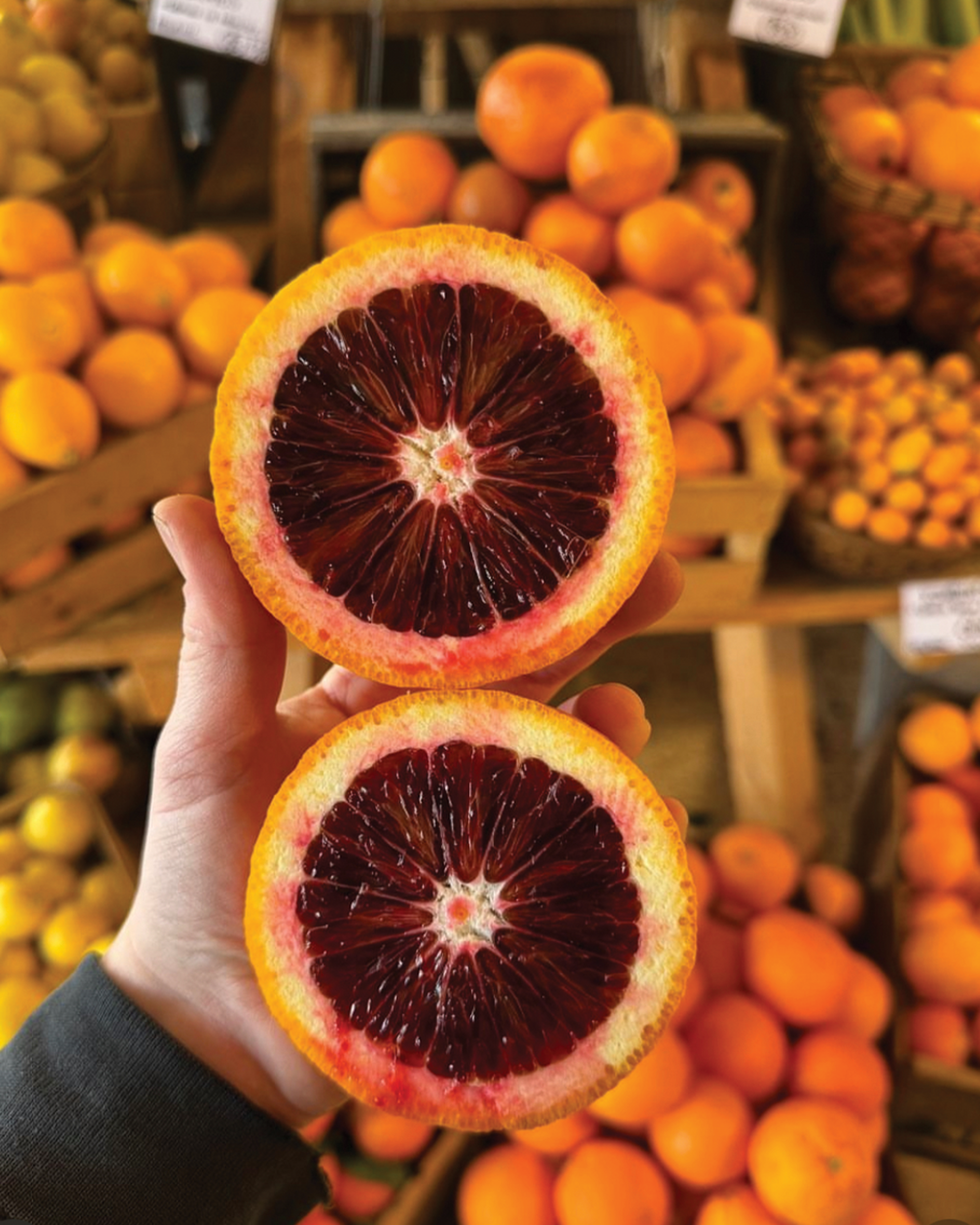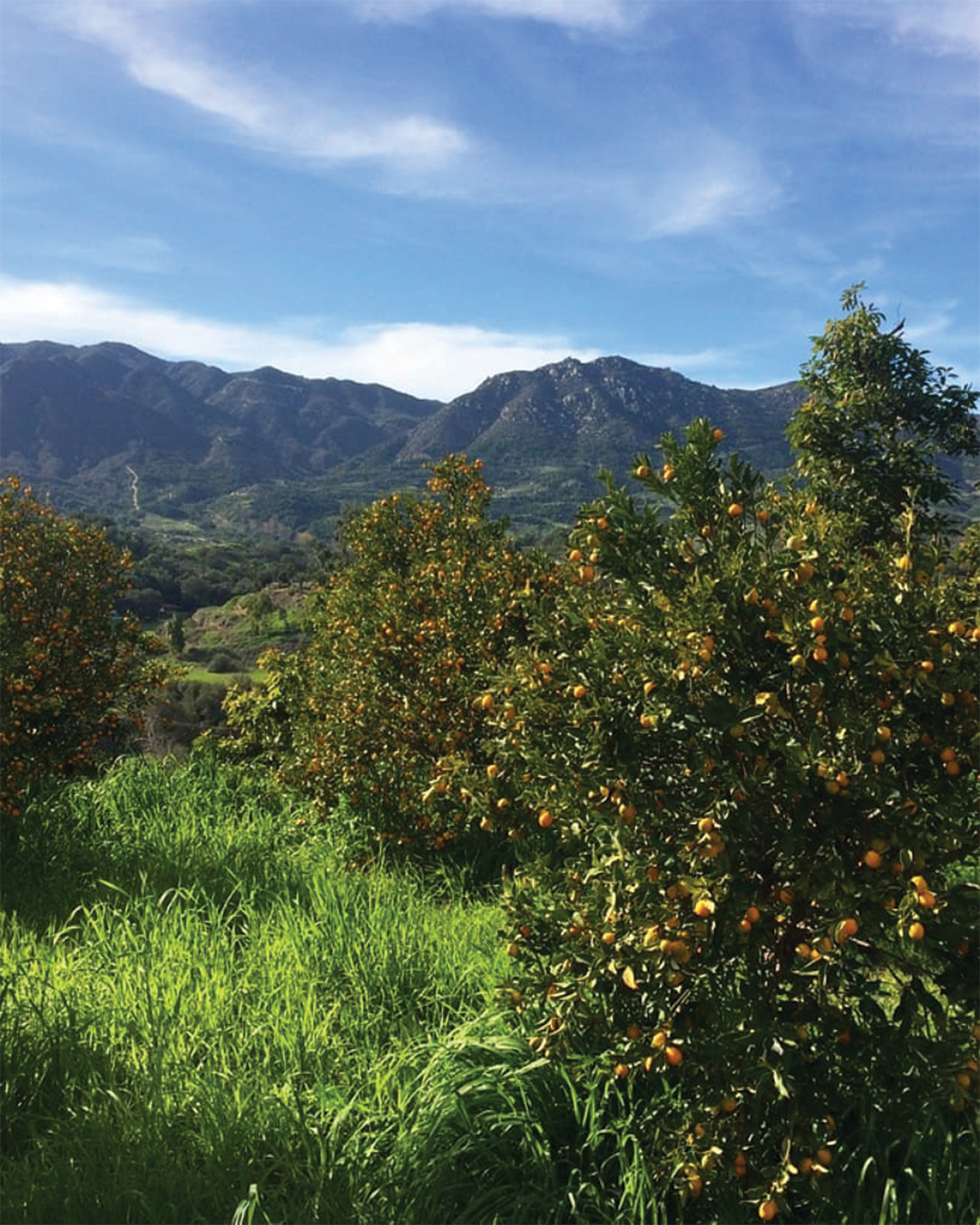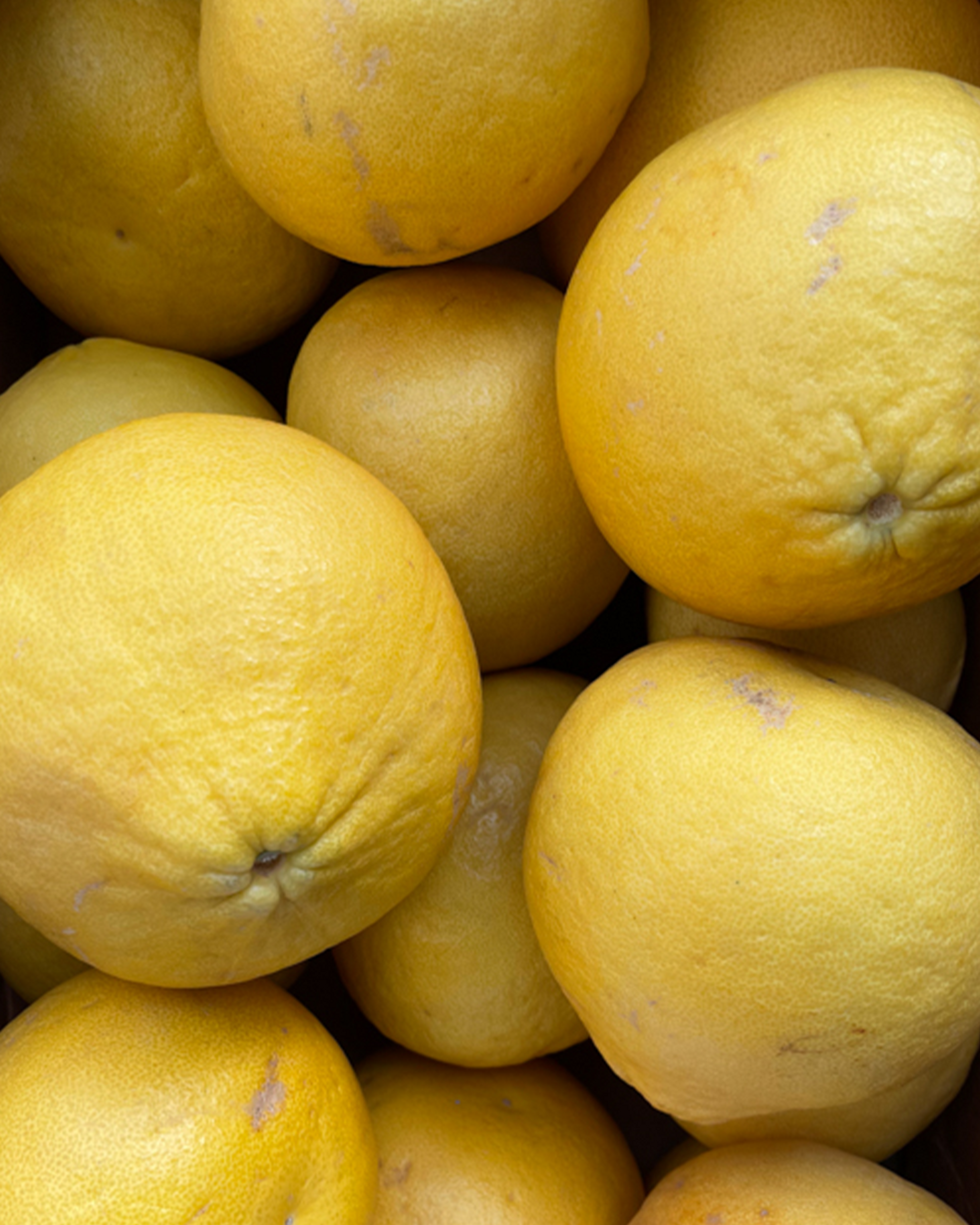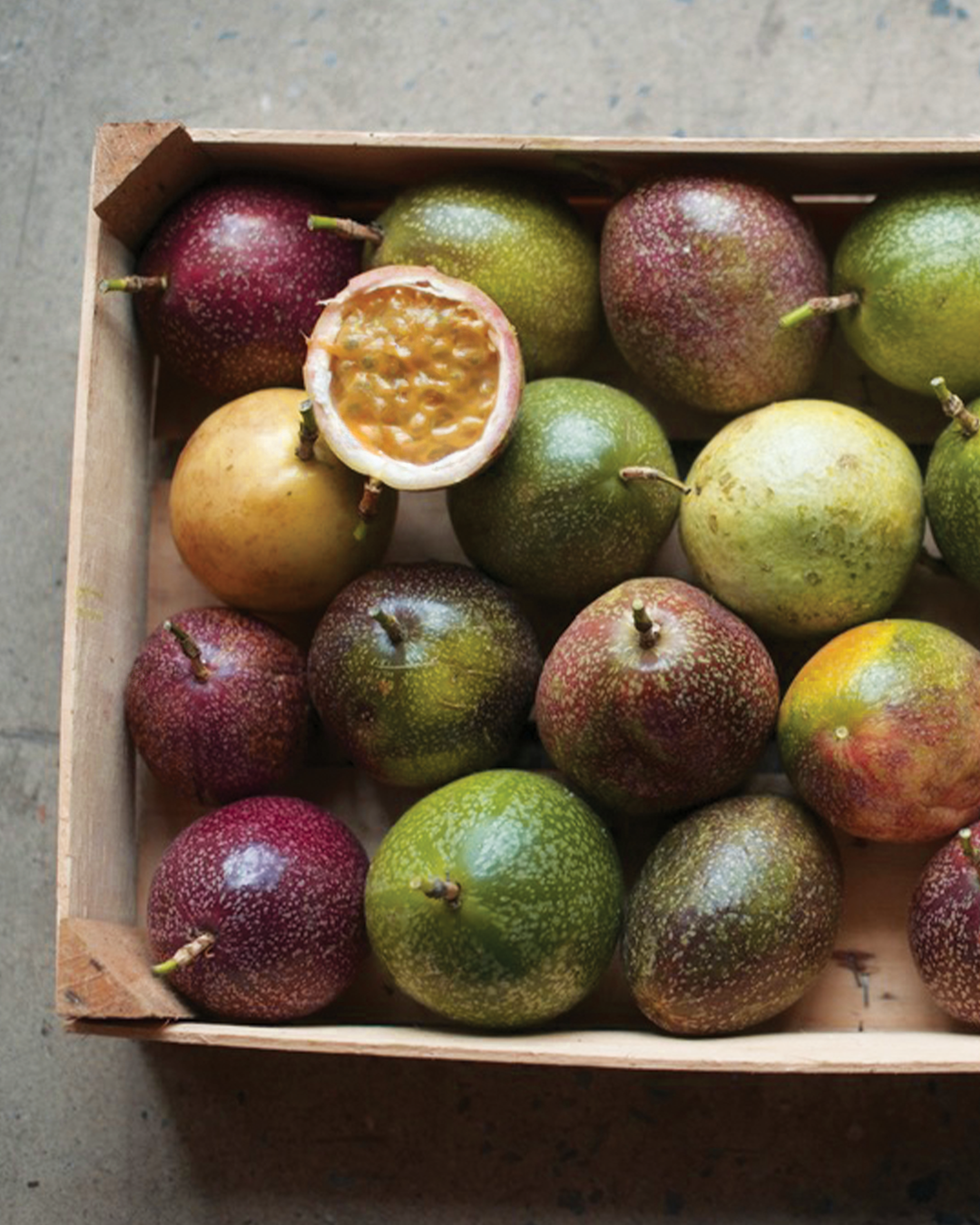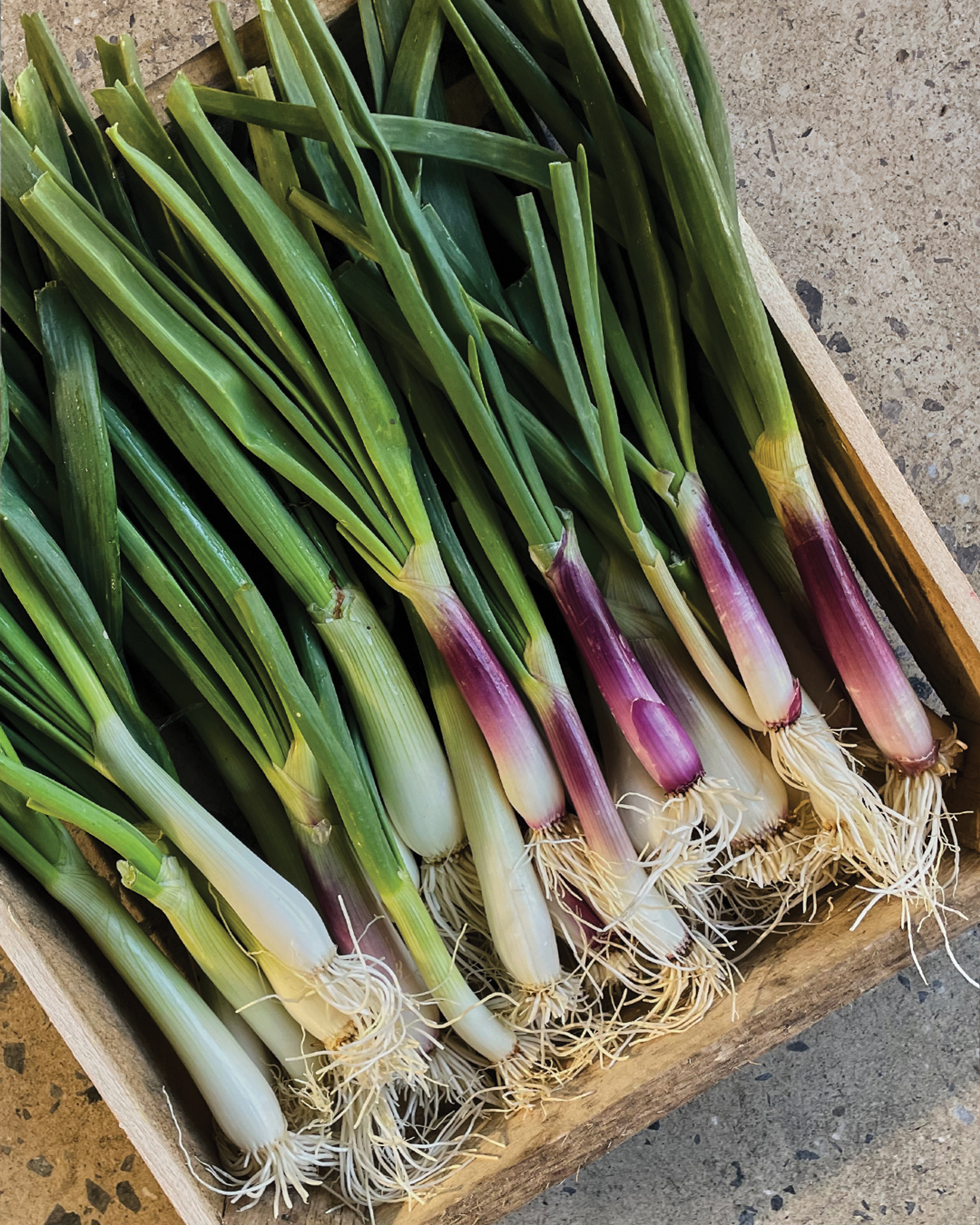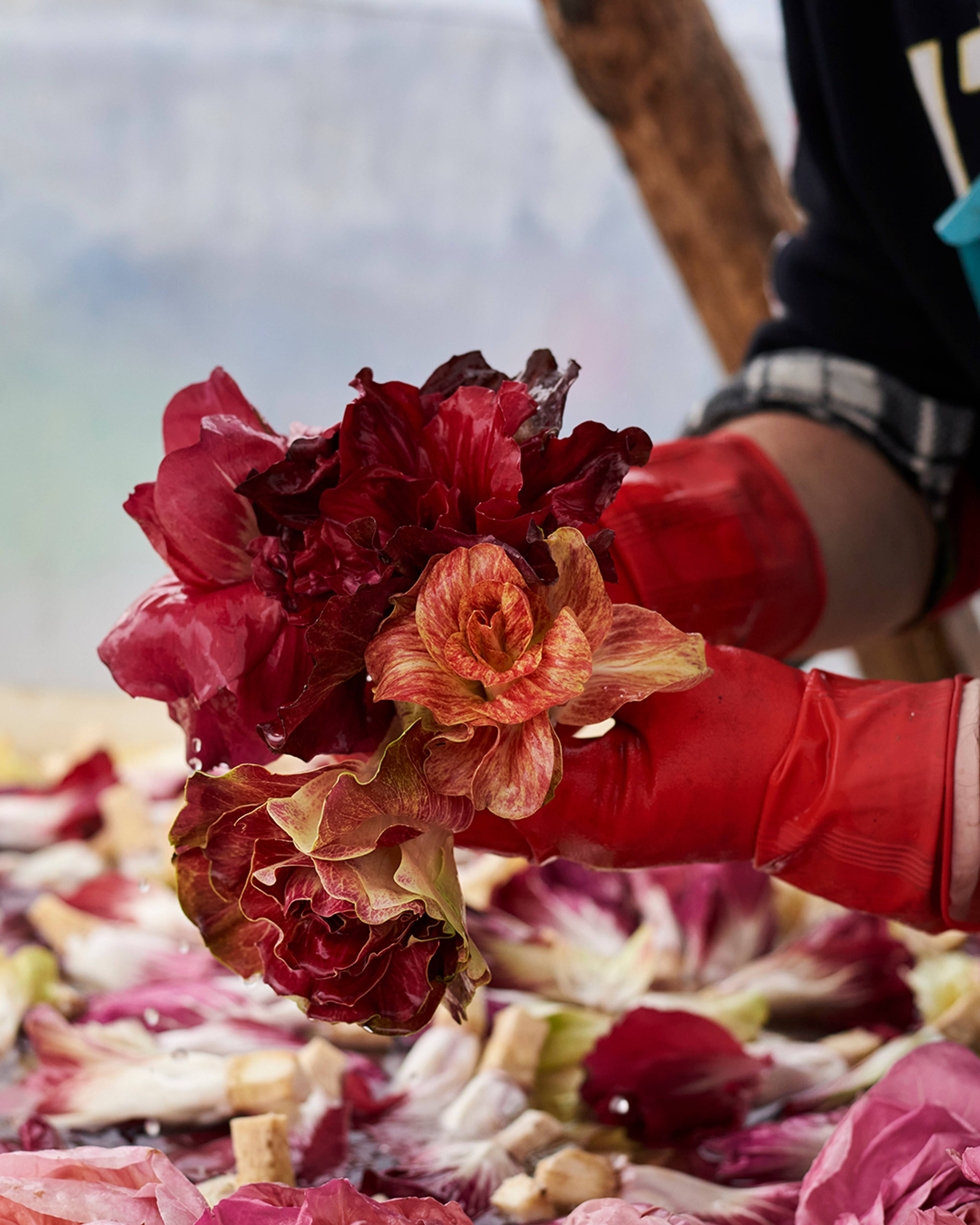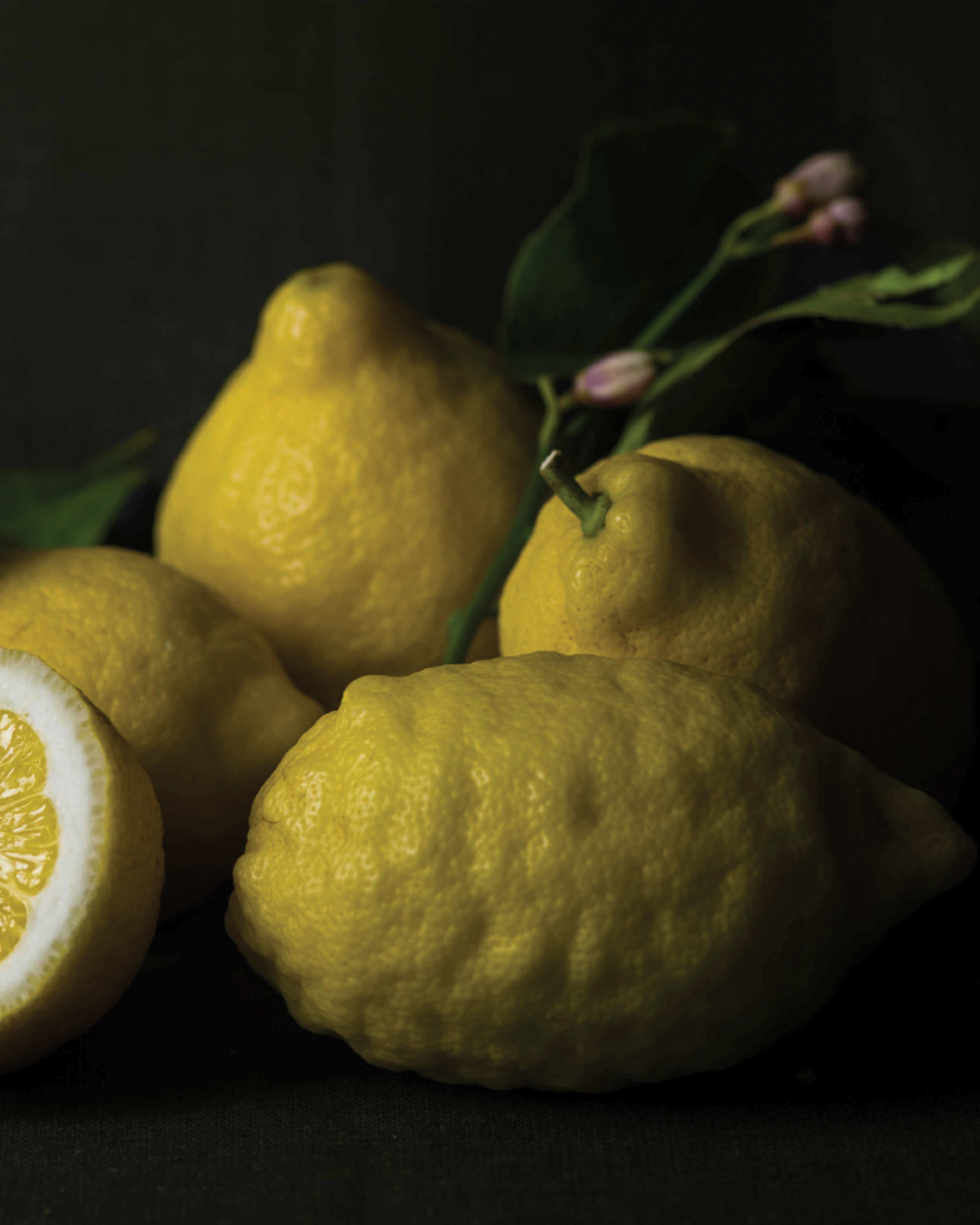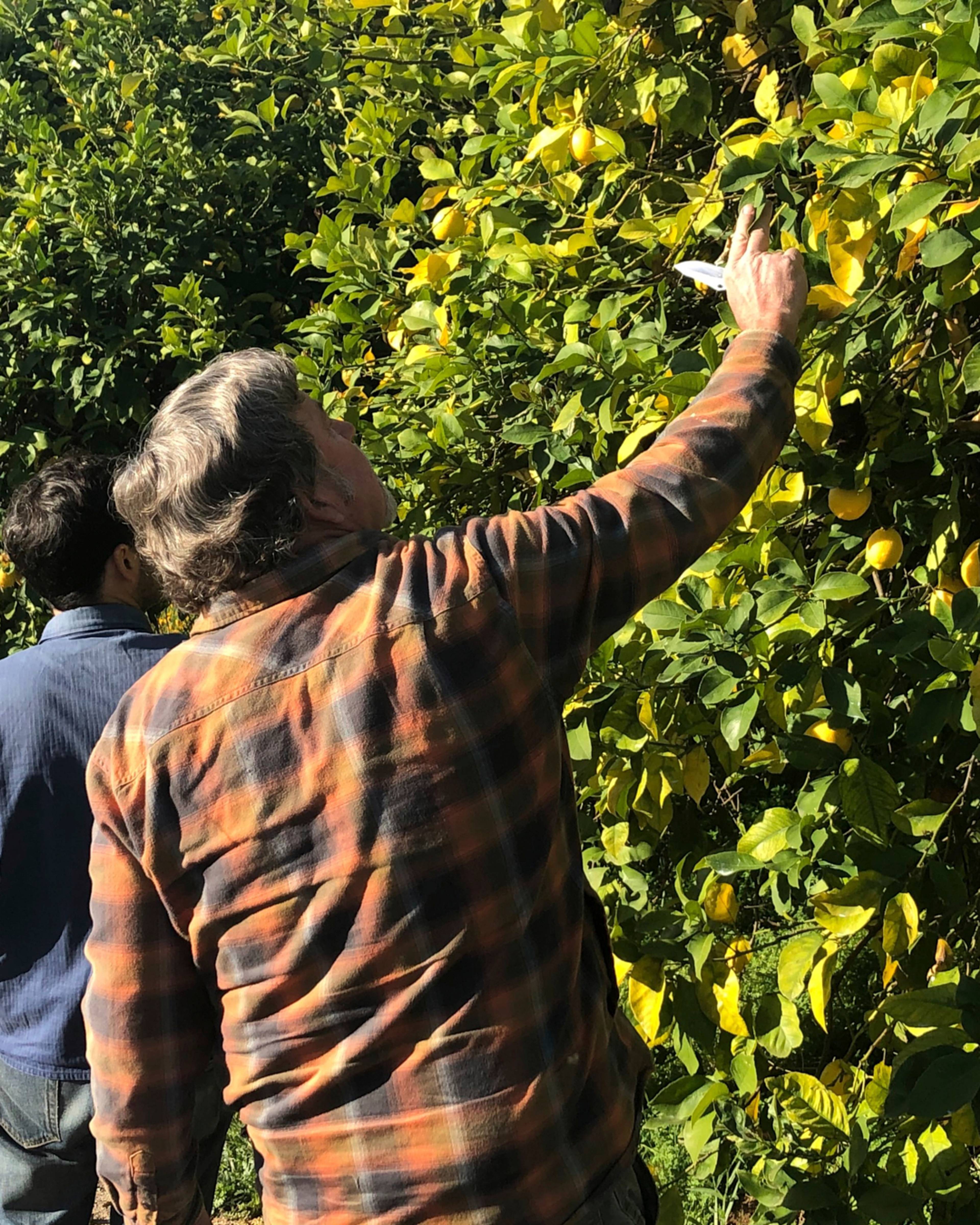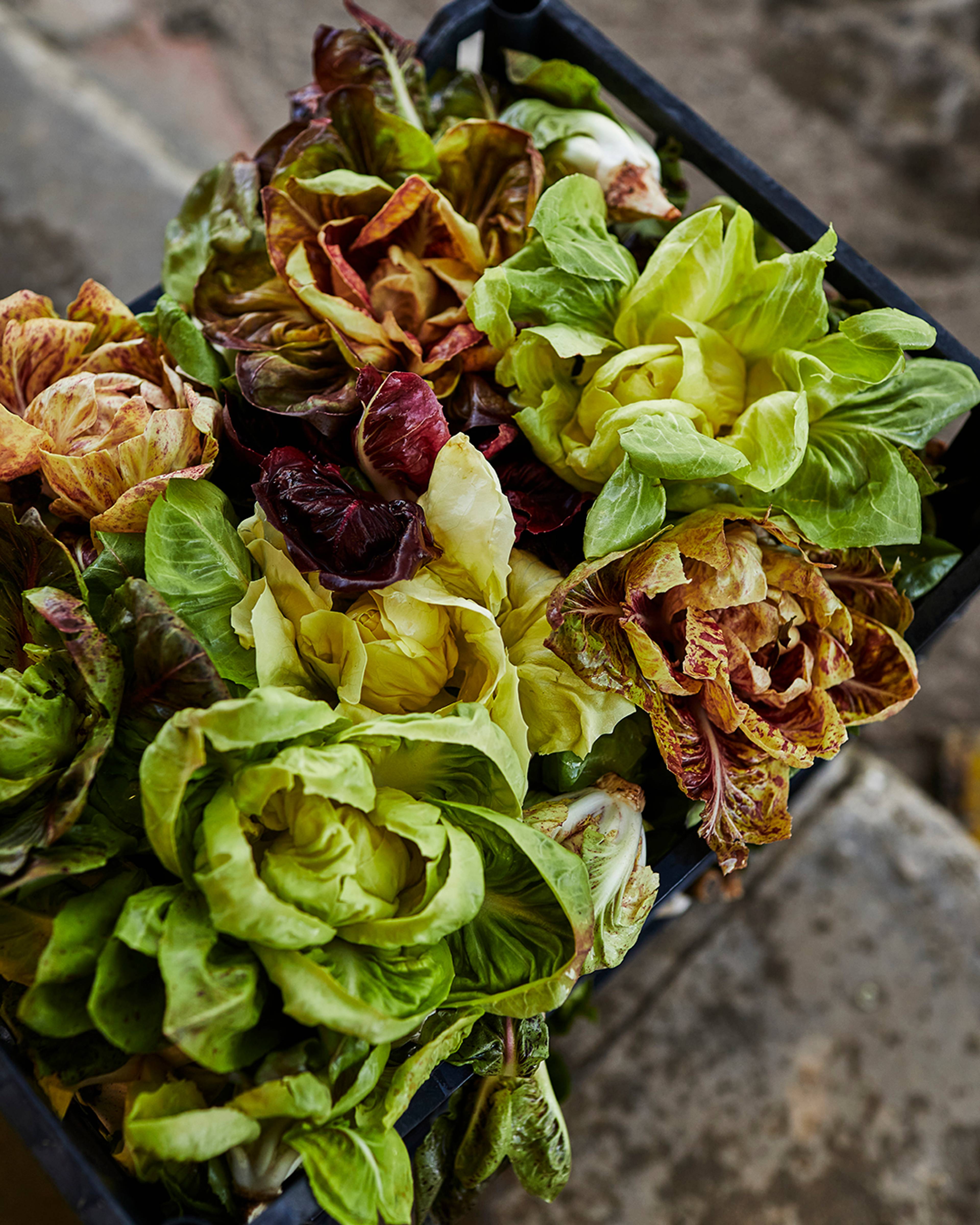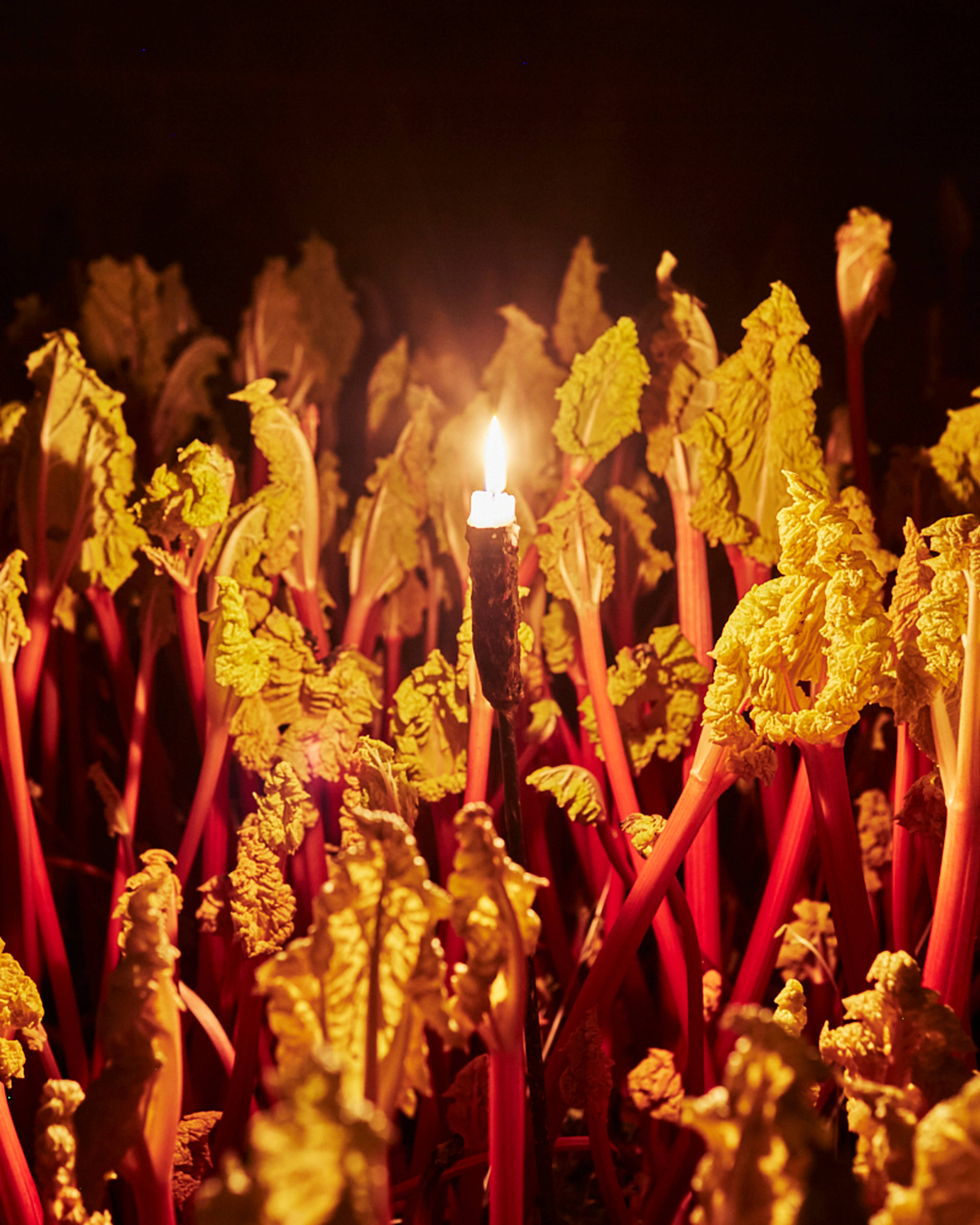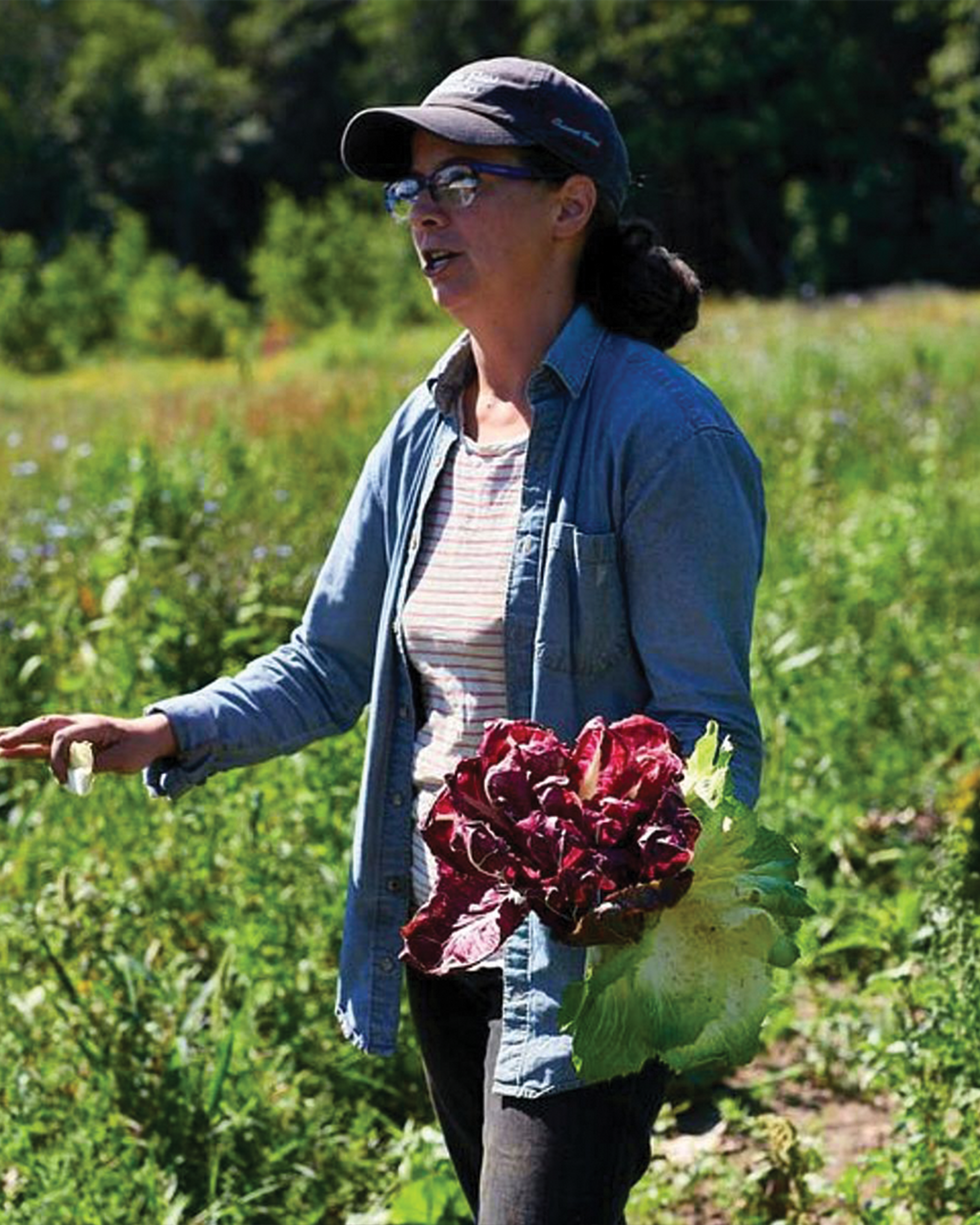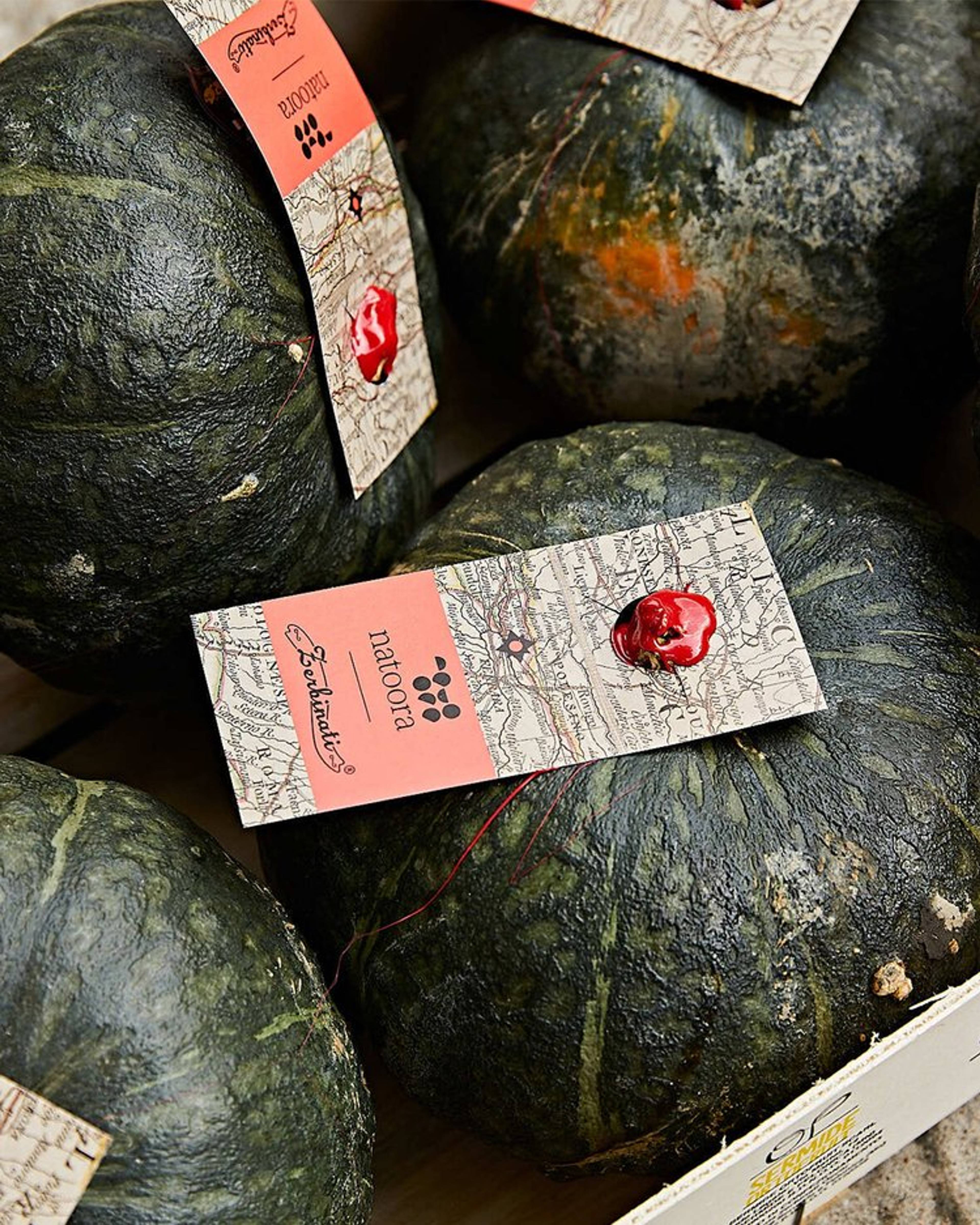GO BEYOND FOUR SEASONS
Each fruit and vegetable has its own season, with subtle shifts that happen every day. Follow their microseasons to unlock flavor at every stage.
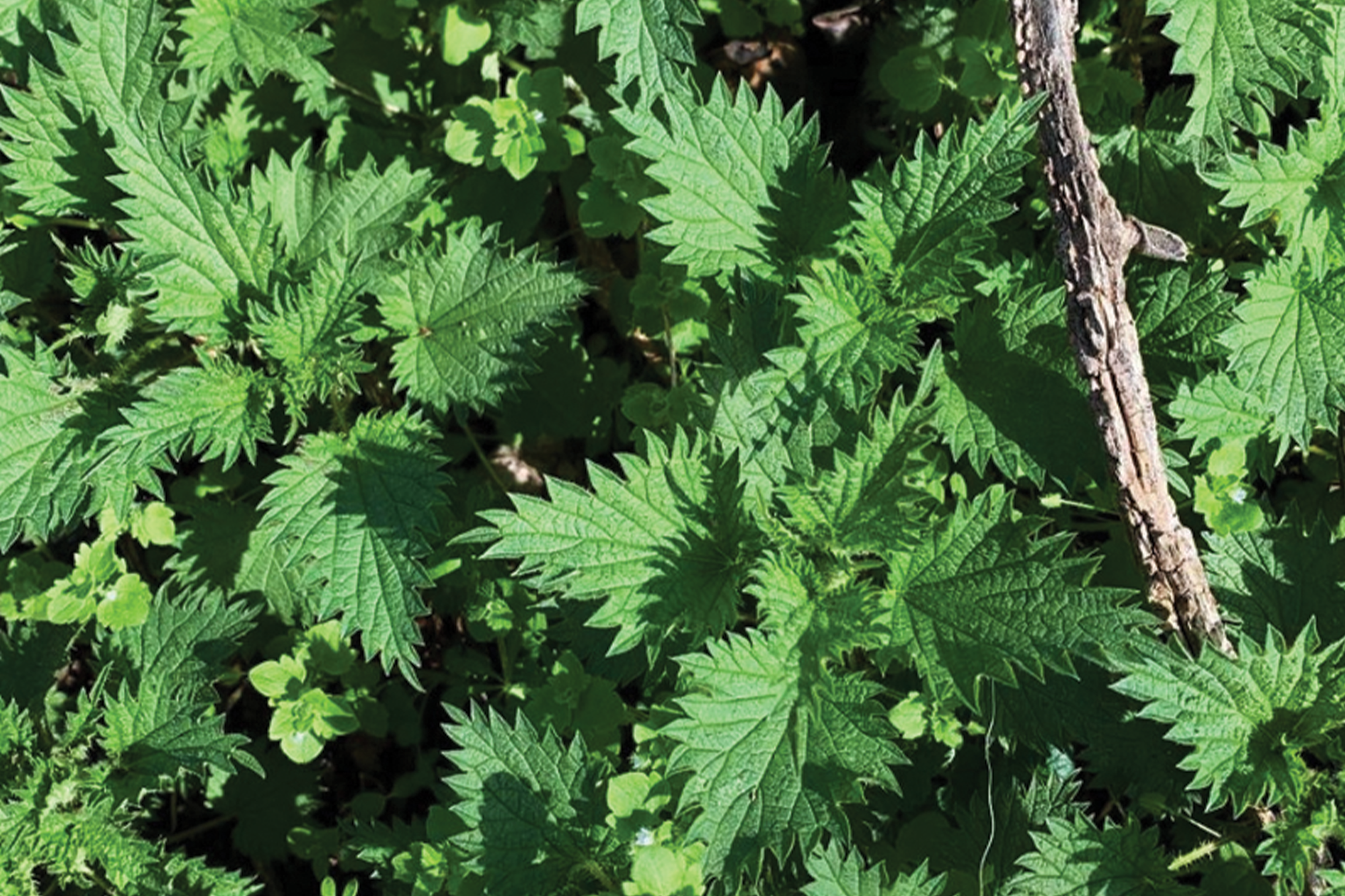
In season today
These are the first harvests of a variety. Not yet available in abundance or fully developed, this is the time to get inspired by new flavor combinations.
Arugula
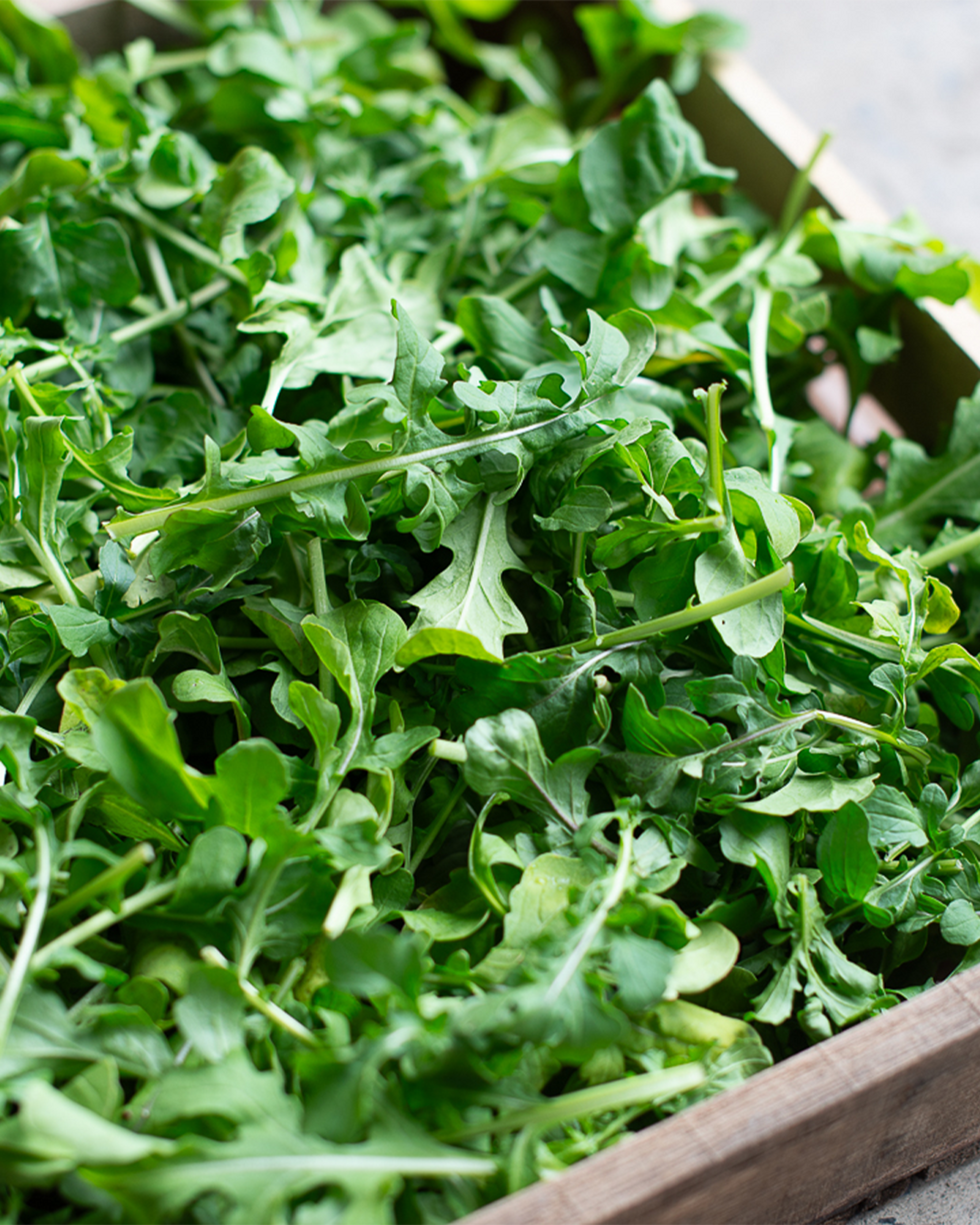
Grower
David
Location
Thermal, California
Seasonality
October - May
Baby Rainbow Beets
Calamansi
Cara Cara Oranges
Costa Bianca Chard
Florida Pomelos
Forced Rhubarb
Fuerte Avocados
Hawaiian White Ginger
Iberiko Tomatoes
Mandarinquats
Moro Blood Oranges
Nagami Kumquats
Oro Blanco Grapefruit
Passion Fruit
Pink Lemons
Red Spring Onions
Rosa di Gorizia
Rosella di Lusia
Sorrento Lemons
Unwaxed Lemons
Variegated Grumolo
White Spring Onions
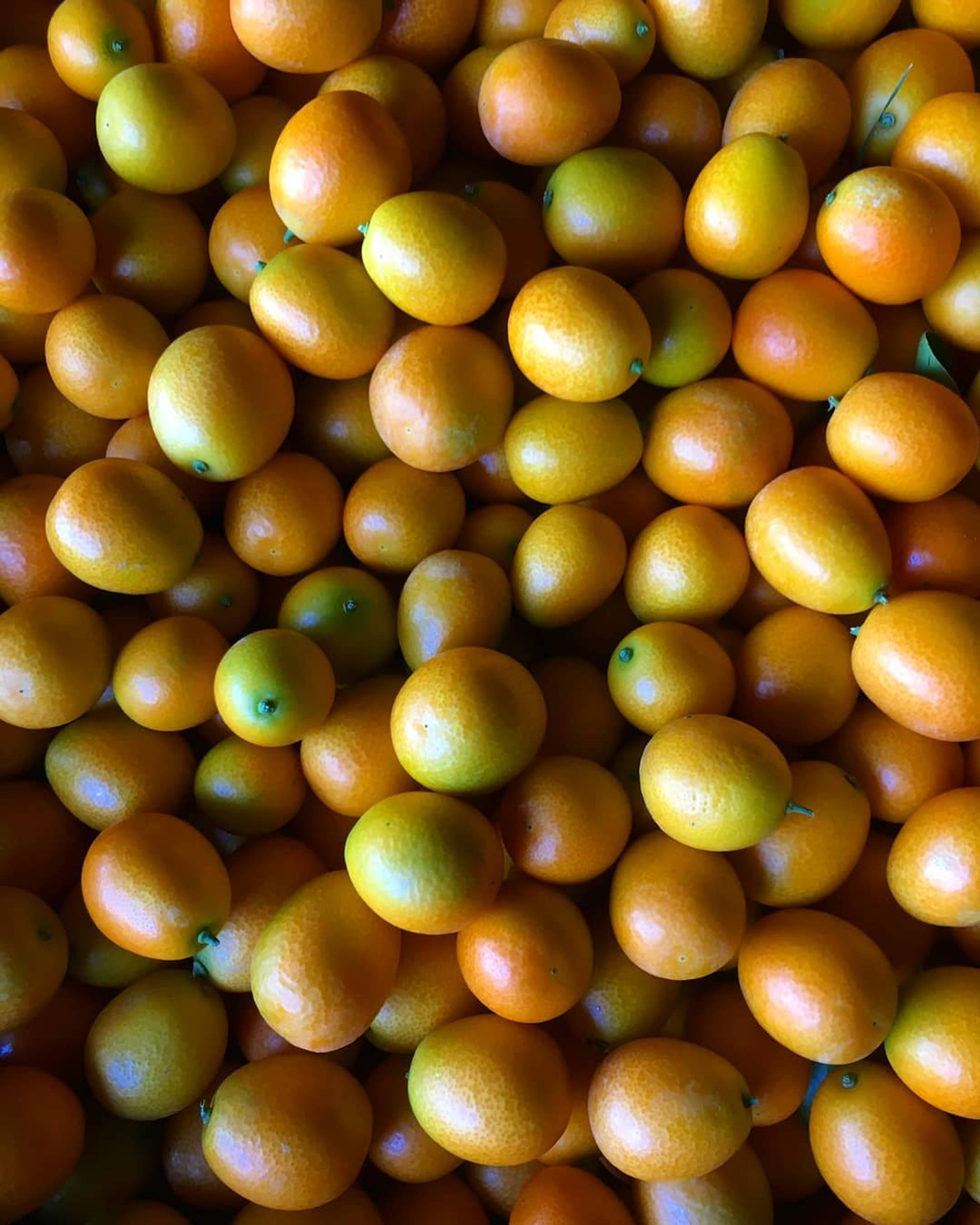
EARLY
Nagami Kumquats
Grown by Todd in Escondido, California
Nagami Kumquats from Todd are the tartest kumquats we source, with the highest acidity. Their clean, sharp flavor defines what a classic kumquat should be.
This season, they arrived later than usual; fog along the California coast slowed ripening and pushed the harvest back by several weeks. Worth the wait: this year's fruit is large, with a sweetness that softens its characteristic bite and a faint floral note threading through the acidity. Todd's Meiwa kumquats — rounder, sweeter, and lower in acid — will be joining next week.
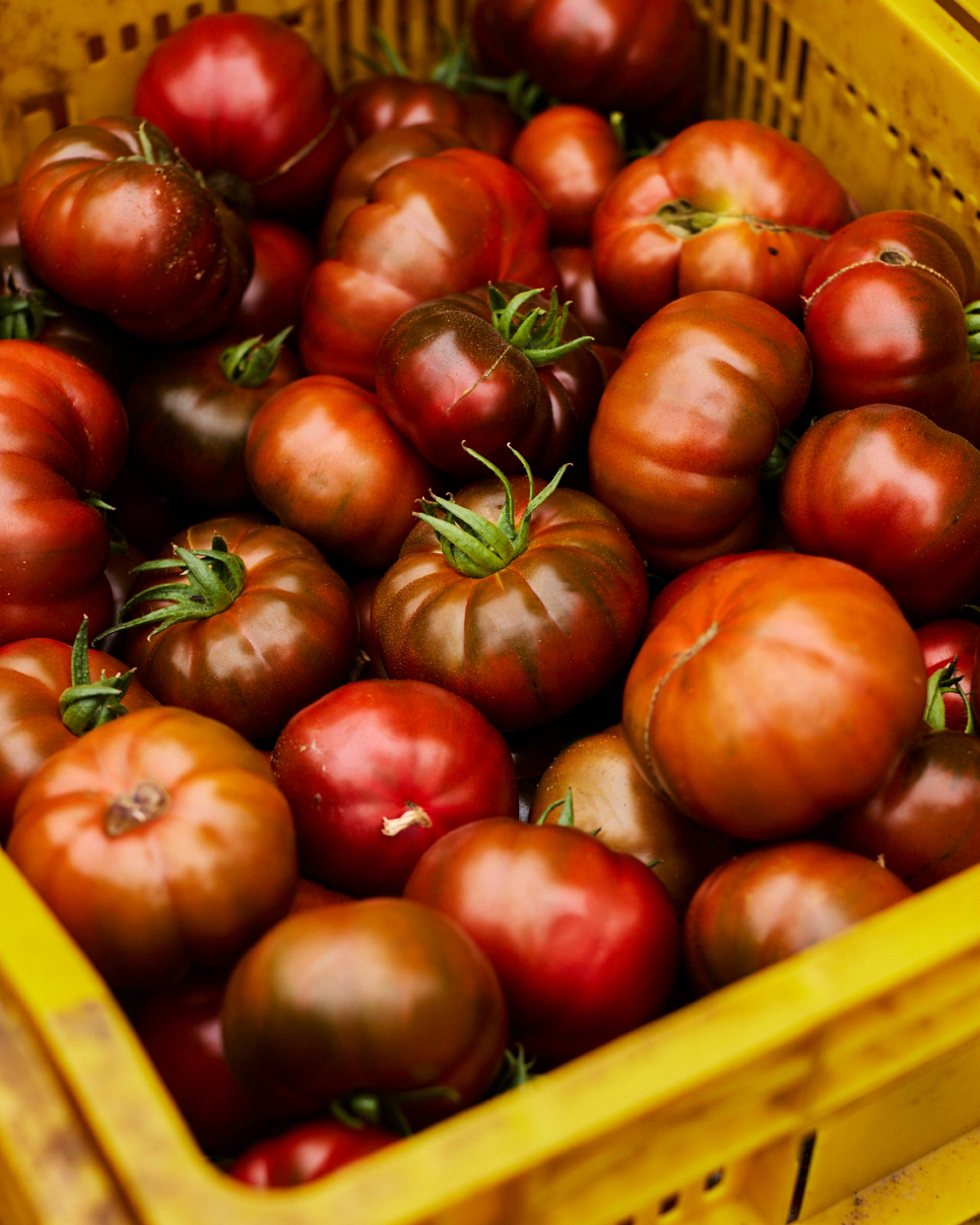
PEAK
Iberiko Winter Tomatoes
Grown by Jose & Alejandro in Almería, Spain
Iberiko are cold-weather tomatoes by nature — but at this point in the season, they've experienced something more intense than usual. Deeper cold and slower ripening than the earlier rounds have had time to work into the fruit, concentrating sugars further, pushing acidity higher, and layering in a complexity of umami that builds with every additional day on the plant. The Iberiko arriving now are the most flavorful of the season so far.
These are not the tomatoes we are used to seeing in wintertime — pale, mealy substitutes longing to be summer fruit. And they're nothing like the vibrant, juicy tomatoes of August either. Winter tomatoes are their own category entirely, grown specifically in the cold months, not in spite of them.
The secret lies in controlled hardship. Growers José and Alejandro in Almería, Spain, cultivate Iberiko on arid, sandy coastal soils where nutrients wash through quickly. They under-water with saline irrigation and keep plants perpetually on the edge of survival. This balance is impossible to maintain in summer's scorching conditions. The cold lets them push this stress further, beyond anything heat would permit. Managed by hands as skilled as theirs, the results are transformative: thick, crunchy skin, dense flesh, and a flavor profile that is bright and acidic, salty too, with a deep umami sweetness underneath.
Wine-dark skins with moss-green collars conceal firm flesh. This flesh is unlike any summer tomato. Their low water content means flavor stays locked in. When they soften, they collapse into intensely rich sauces needing only good olive oil and light seasoning.
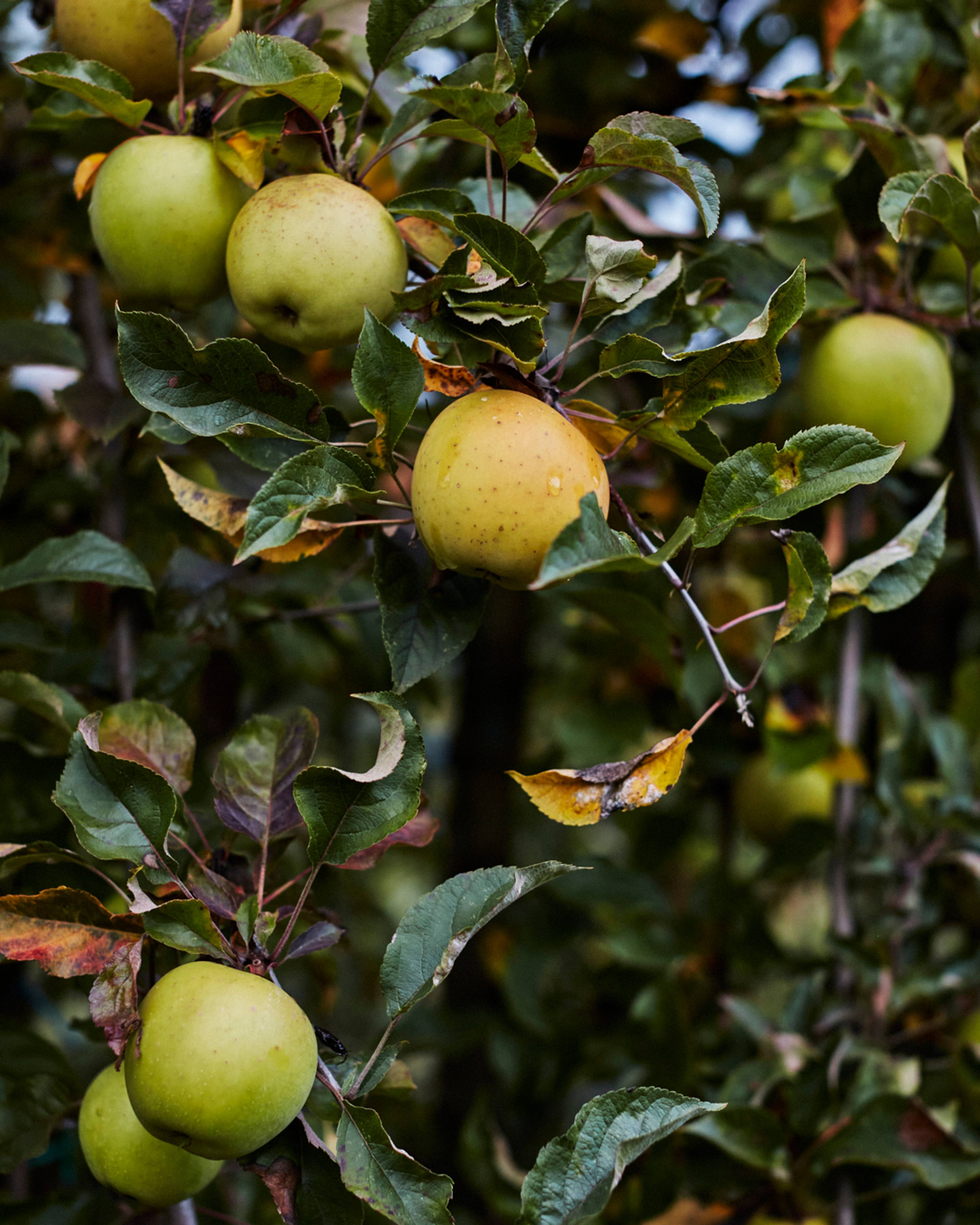
LATE
Gold Rush Apples
Grown by Steve in Boyertown, Pennsylvania
Steve's Gold Rush apples from Pennsylvania are in their final weeks — and they are going out at their very best. Gold Rush is a late-season variety, ripening in late October and keeping well through the cold months.
A burst of heat in October gave the fruit time to fully develop its characteristic balance of sweetness and acidity. That balance has settled beautifully at this point in the season, and the intensity of flavor Steve's apples are showing right now has our sourcing team blown away.
Steve is a third-generation grower. He is committed to varietal diversity and building a healthy orchard ecosystem. He maintains woodlands and buffer zones to provide habitat for natural predators and wild pollinators. He composts unharvested fruit back into the orchard floor. This keeps pests at bay and builds organic matter in the soil.
Go Deeper
See allWe exist to fix the food system.
People are more cut off from the origins of their food than ever. This makes flavor, nutrition and farming practices that protect the planet, almost impossible to find.
By working directly with growers, we create a more sustainable way forward for farming. By giving everyone the tools to understand the power of our food choices, we empower everybody to become drivers of change.
Now is the time for action. Join the food system revolution.

Go beyond four seasons
Each fruit and vegetable has its own season, with subtle shifts which happen every day. Follow their microseasons to unlock flavor at every stage.
WHAT’S IN SEASON?

Know where your food comes from
We know the name of the person behind everything we source. Recognize their growing artistry to find out exactly where your food comes from (and why that matters).
MEET THE GROWERS

Make your diet diverse
Our growers work with varieties chosen for quality and nutrition, not yield. By selecting their crops you keep heritage seeds in play, add to ecosystem biodiversity and preserve unique flavors.
GO #OFFTHEPASS
United States
© 2026 Natoora Ltd.

